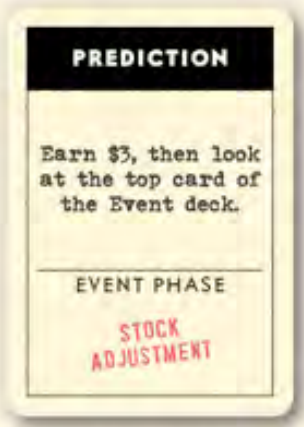Storyteller vs Storybuilder
A game is a set-up, an environment, for stories to happen to players.
A game is not a story. A game has a story. In fact a game has infinite stories.
The story emerge, is created as players play, move, explore, interact with this imaginary world. Consequently, every player experience a different story. Every player´s story is different from each other. It´s unique.
It´s not like cinema, where the story is the same every time. Of course, after watching a movie, a group of friends can exchange points of view and discover that everyone has interpreted and understood scenes in different way. Even every spectator in a movie can see things other not. But it is not because of the story plot. The narrative is the same. Those differences come from the interaction between the previous experiences, expectations, knowledge and, of course, if someone was passing with pop-corn in front of the viewer as some particular detail was presented. But essentially, the story is exactly the same.
From the director of the film perspective, changing the order of a dialogue, the time or duration of certain silence or the things a character carry in his bag changes the story. Well... this is exactly what happens to a story in a game. All those elements, and other, change in every personal experience. In games, each story is essentially different. Moments, times, words, sequences, details and, of course, the things the character is carrying in his bag in a certain point change from a player to other. And then, as a consequence, the story changes.
Even if you are playing a early version of Mario Bros., a relatively straightforward platform game, you are doing it in a different way to any other player. With a different rhythm, different moments of doubts, different risk decisions, etc. This makes YOUR story an original and unique one.
The other big, BIG difference comes from the point of view of the one who watch the story. Switching
from the internal position of a player to the external point of view of the one watching a movie, changes everything.In first place, the passive position of the spectator in a movie sets is brain in a "consumer" mode. As a spectator, you cannot modify any aspect of the movie. The only possible interaction is the interpretation you give to the scenes. You can try to guess what the director was trying to communicate with this or that element or phrase. But you cannot change the unveiling of the story. When playing a game, the player´s brain is se to a "producer" mode. The story don´t go, don´t even start, if the player doesn´t act.
In second place, watching or listening a story is a radically different experience as to living it. As you have experienced your entire live, hearing someone telling his adventures during his vacation it´s not the same as living, in first person, those same adventures. This is the reason why after playing a RPG, a group of friends comments the game in the same way as they do when going out of a party. Everyone lived a different experience. Some of the things that happened to one player are unknown to others. The epic moments are re-visited as real ones. The regrets for bad decisions are feeling as personal. The anticipation of using the just received weapons in clever (or chaotic) ways during next adventure, generates adrenaline in each brain.
These differences make the building of a good "game story" a different endeavor of that of building a good story for cinema, novels and other media.
In an interview* in the podcast Brainy gamer, Tom Bissel, writer of books and games, explain how script writers from Holywood are, possibly, the worst suited professionals to build game stories. The "storytelling wave", tells Bissel, don´t apply to games. This is really true as a game must not have the intention to tell a fixed story but to allow players to build a personal and significative one.
This two elements makes the nature of the work radically different:
- As to many things are out of control, it´s almost impossible for a writer to grant any desired sequence of scenes, in order to communicate or generate a specific sensation, as a film director can.
- As the player is looking for the possibility to build a personal experience, the feeling of bein guided, or maybe constrained, into a fixed narrative path, is undesirable.
As a result, a game needs not really a Storyteller but a "Story builder" who can segment multiple possible stories and hide those fragments all around in an imaginary world.
----------------------------------------------------
*The interview, appeared in episode 40 of brainy games podcast, is available (I don´t know how long) in: https://www.brainygamer.com/the_brainy_gamer/podcast/
Anyway, you can also read this old NYT article regarding narrative, in witch Tom Bissell is cited: https://www.nytimes.com/2013/03/20/arts/video-games/gears-of-war-judgment-and-the-writing-of-its-narrative.html



Comments
Post a Comment